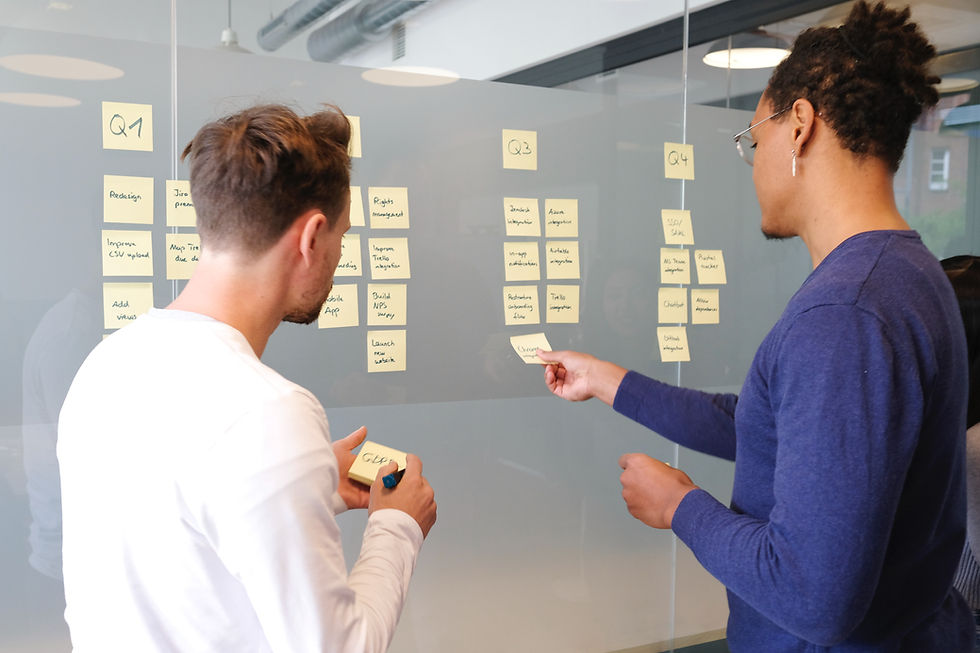Current research projects




Prioritization, incentives and resource use for sustainable dentistry (PRUDENT).
This research programme is financed by the EU Commission Horizon Europe.
Can we improve efficiency of oral health care. And can we ensure that care is delivered equitably to those in highest need?
This large scale project looks at patient preferences and dentists allocation decisions across several countries in Europe. We are designing citizen surveys to elicit preferences for dental care services, as well as barriers that hinder access to these services. We also exploring dentists' motivations and preferences. We link survey data to register data to observe how citizens preferences and dentists motivations are associated with actual delivery of oral health care services.
For more information see:https://www.prudentproject.eu/




This research programme is financed by the
SDU-OUH Flagship Fund and Louis-Hansen Fonden
STEMBRACE: patients, the public and practitioners
How can we delivery regenerative effectively and cost-effectively?
Regenerative medicine embraces a paradigm shift in medicine by rebuilding the damaged organ either by the stem cells engrafted or by reaching multiple endogenous molecular and cellular entities. .
STEMBRACE seeks to - through an interdisciplinary approach - embrace all aspects of stem cell-based therapy of certain patient groups. The project involves assessing the cost implications of regenerative medicine, including micro-costing, modelling and value of information analysis.




This research programme is financed by the Danish Research Council.
The Heterogenous Value of Health Gains. A PREference Study to Inform DEcision Making
(PRESIDE – ‘to exercise guidance’)
Citizen's distributional
preferences
(PRESIDE)
We attach heterogenous value to health gains. This is a preference study to inform decision making.
The objectives of the proposed research project are to apply appropriately designed stated
preference methods to:
• Establish the societal value of health improvements: what is the WTP for a QALY?
• Determine how severity of health conditions influence prioritisation preferences
• Determine how patients’ age influences prioritisation preferences
• Ascertain how uncertainty in expected health gains impact on preferences
• Investigate whether preferences elicited from a citizen-insuree perspective differ from
preferences elicited from a social decision maker perspective




This research programme is financed by
The Novo Nordisk Foundation:
Regulating and nudging for improved societal impact of research based knowledge in health care (PINCH) NNF18OC0033978
Læge Sofus Carl Emil Friis og Hustru Olga Doris Friis' Fund: The hidden cost of resource constraints in primary care.
Resource constraints
& behaviour
Health professionals generally face resource constraints, and must allocate scarce ressources. Yet their allocations decisions and equity preferences have received little attention to date.
In a range of projects we seek to disclose how ressource constraints affect the allocation of ressources across patients who are in low and high need of health care. We apply laboratory experiments for this purpose.
Further, on a stated preference experiment we elicit physicians' (general practitioners') preferences for equitable distributions of health care ressources across hypothetical patients groups with different initial health status and different capacity to benefit.
Finally, we explore (through survey and register data) how changes in perceived (and objective) ressource constraints impact on referral and prescription behaviour. We also plan to look at how ressource constraints impact on physicians' creativity.